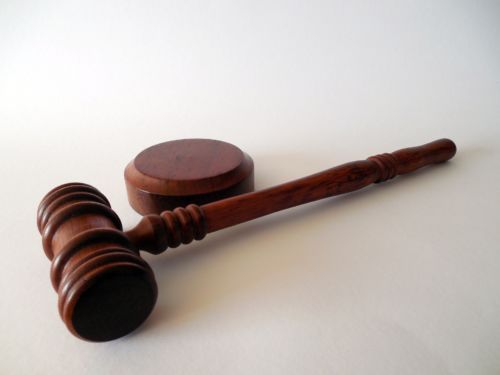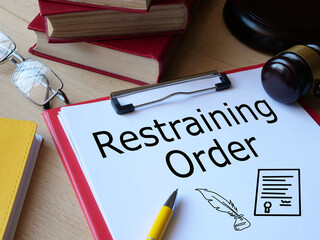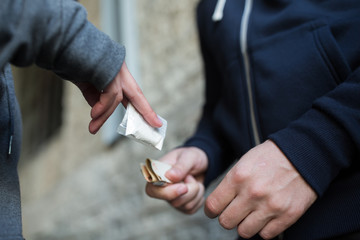
If you’ve been charged with a crime, there’s a good chance that you’ll be granted probation. Probation is the period of time when you’re released into the community, typically under some form of supervision, instead of serving time in prison. If you’ve recently been released on probation, it’s vital to understand all of the terms and conditions of your probationary period. For instance, how long will you be placed on probation? Will you have to appear in court? What is considered a violation of this probation? What happens if you violate probation for the first time?
In order to properly serve your probation period, it’s important to have answers to all of these questions. In this article, we explain what probation violations are and what to do if you violate probation for the first time.
How Long is Your Probation Period?
First, you should be well aware of the length of time you’ll be placed on probation. Typically, this will depend on the severity of the offense, where the crime took place, and if it was the first offense. Probationary periods will normally last anywhere from one to three years, but again, this will vary. You need to know how long your probation lasts because you’ll be required to fulfill certain tasks and appear in court at certain times. Leaving town before your probation is over will be considered a violation of your probation. That’s why it’s important to know when your probation starts and the exact date that your probation will end.
How Your Probation Can be Violated
Probation violations occur when you stop following the probation orders, terms, and conditions. Understanding the terms of your probation is crucial because it’s possible to break the probation laws without even knowing it. Simple tasks like forgetting to pay a fine or not appearing for an appointment can result in a probation violation. Here is a list of actions that might lead to a probation violation:
- Neglecting scheduled appointments with your probation officer
- Not appearing in court for set times and dates
- Forgetting to pay required fines
- Not showing up for community service
- Meeting with people that were connected to previous crimes
- Traveling out of the state without notifying your probation officer
- Possessing, selling, or using illegal drugs
- Committing further crimes
If You Violate Probation for the First Time
If you violate probation for the first time, you may be wondering what will happen next. This will typically depend on your jurisdiction, your probation officer, and if you’ve pushed the boundaries on your probation before. However, there are general guidelines that most probation officers will pursue when there’s been a violation.
- You’ll be given a warning. There’s a very good chance that if your probation violation was considered minor or just a mistake, you’ll receive a warning. Probation officers can use their own discretion when it comes to minor violations or first-time violations. Your probation officer may decide to not report your violation at all and handle the situation on their own terms.
- You’ll be requested to appear in court. If your probation officer asks you to appear in court, you may be facing a tougher penalty or even jail time. It’s essential that you show up for this court appearance. If you fail to show up, they could put a warrant out for your arrest.
- A judge will hear your case. You’ll be asked to appear in court and you’ll be granted an opportunity to plead your case. You can take this time to explain why you chose to violate your probation for the first time. The prosecuting attorney will need to provide evidence that the violation did occur.
- A judge will give you a sentence. The judge will take a number of factors into consideration before presenting your penalty. If you violate probation for the first time, you may be sentenced to an extension of probation. When the offense is considered minor, a judge might require you to perform more community service hours or attend a rehabilitation program. The judge might take this opportunity to help you get your life back on track. If your violation was more severe, your probation may be revoked and you could face further jail time.
For More Information on Probation Violations
It’s important to know all of the terms and conditions of your probation. You’ll be less likely to violate your probation for the first time if you understand how it all works. If you have violated your probation, the last thing you should do is ignore warnings or mandatory court appearances. It’s highly recommended to speak with a criminal defense attorney if you’ve violated your probation. An experienced attorney can help you choose the right line of defense and negotiate any penalties for violating probation. Call a defense attorney today to learn more about your options.

